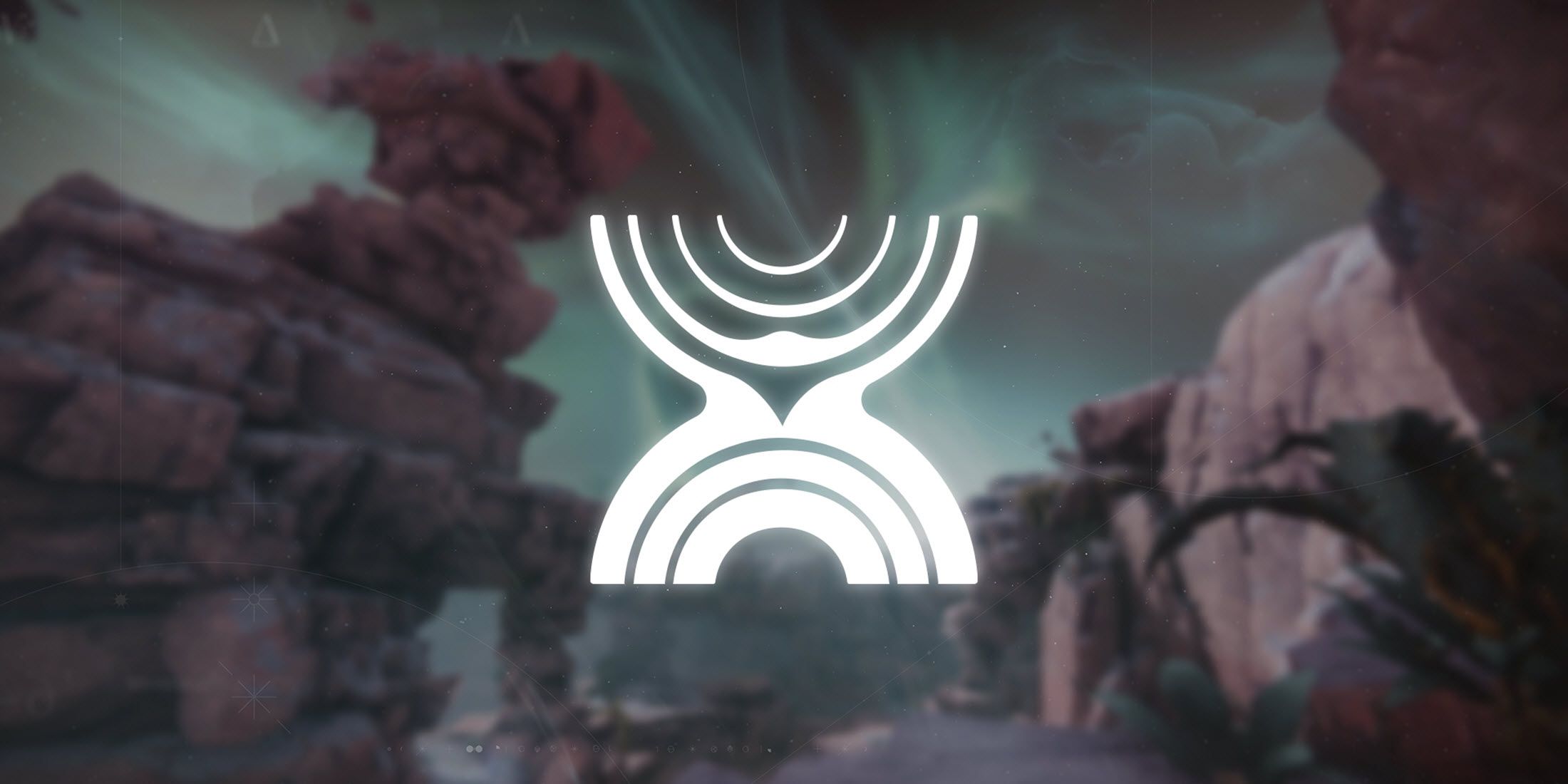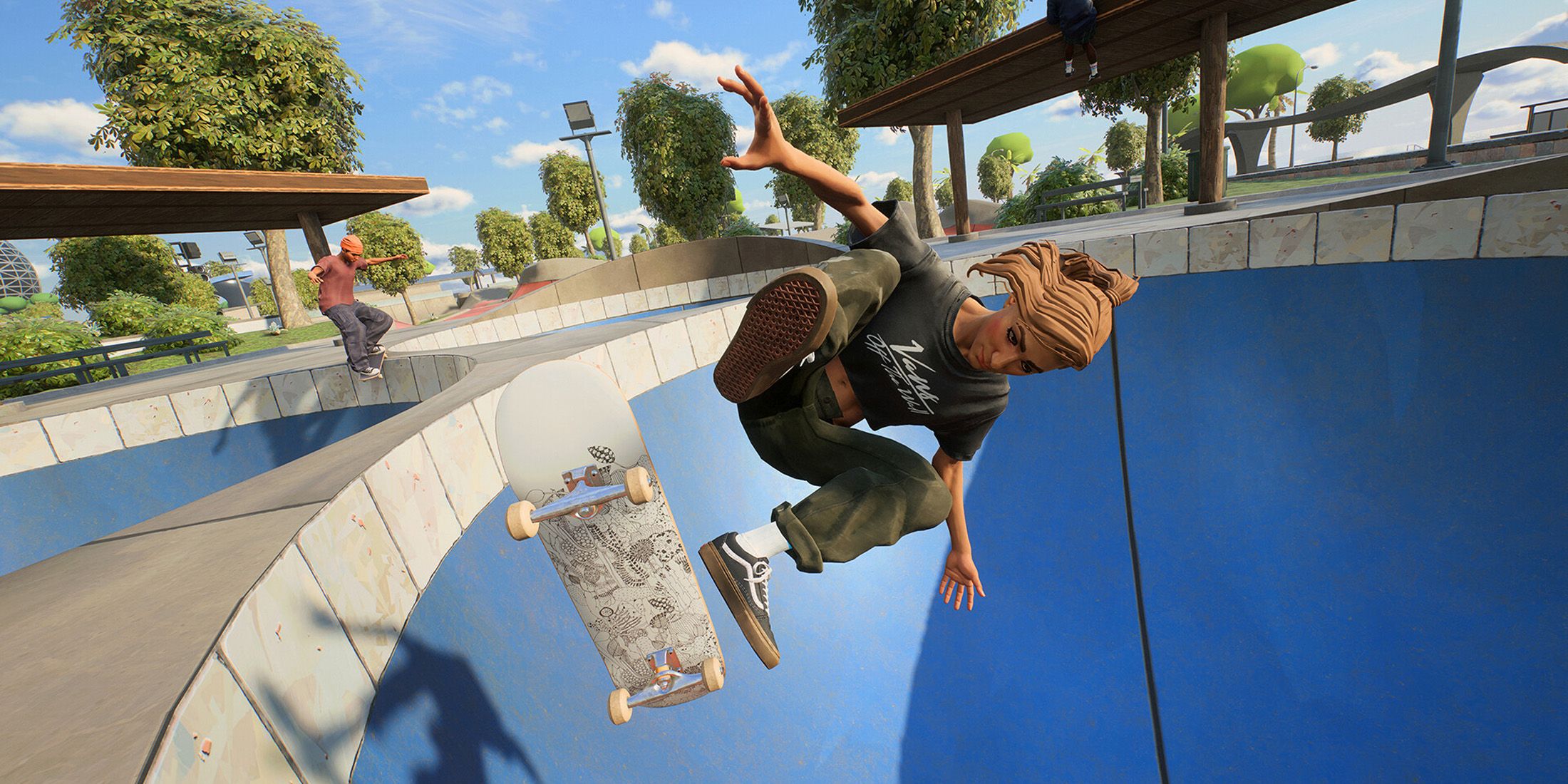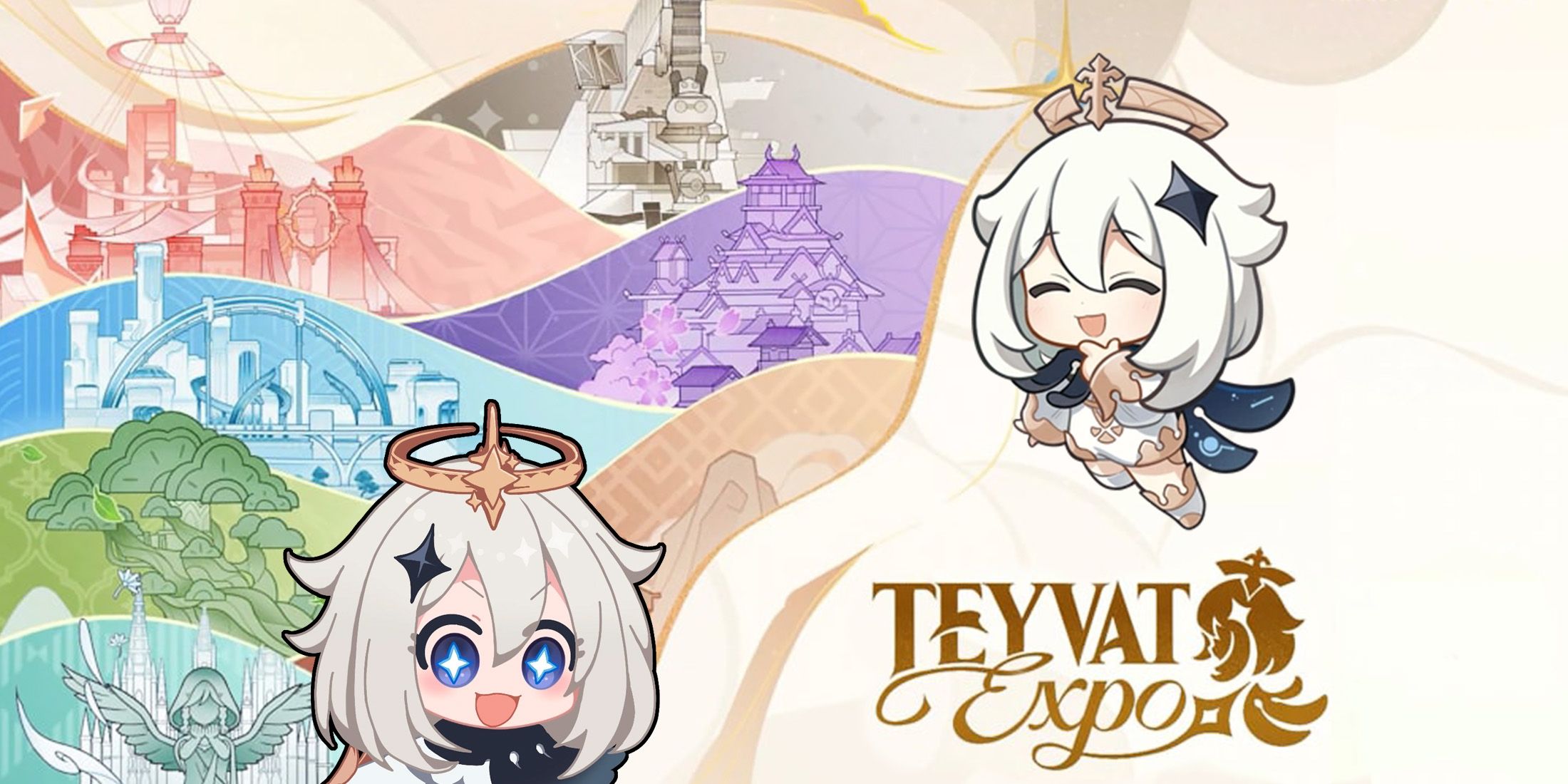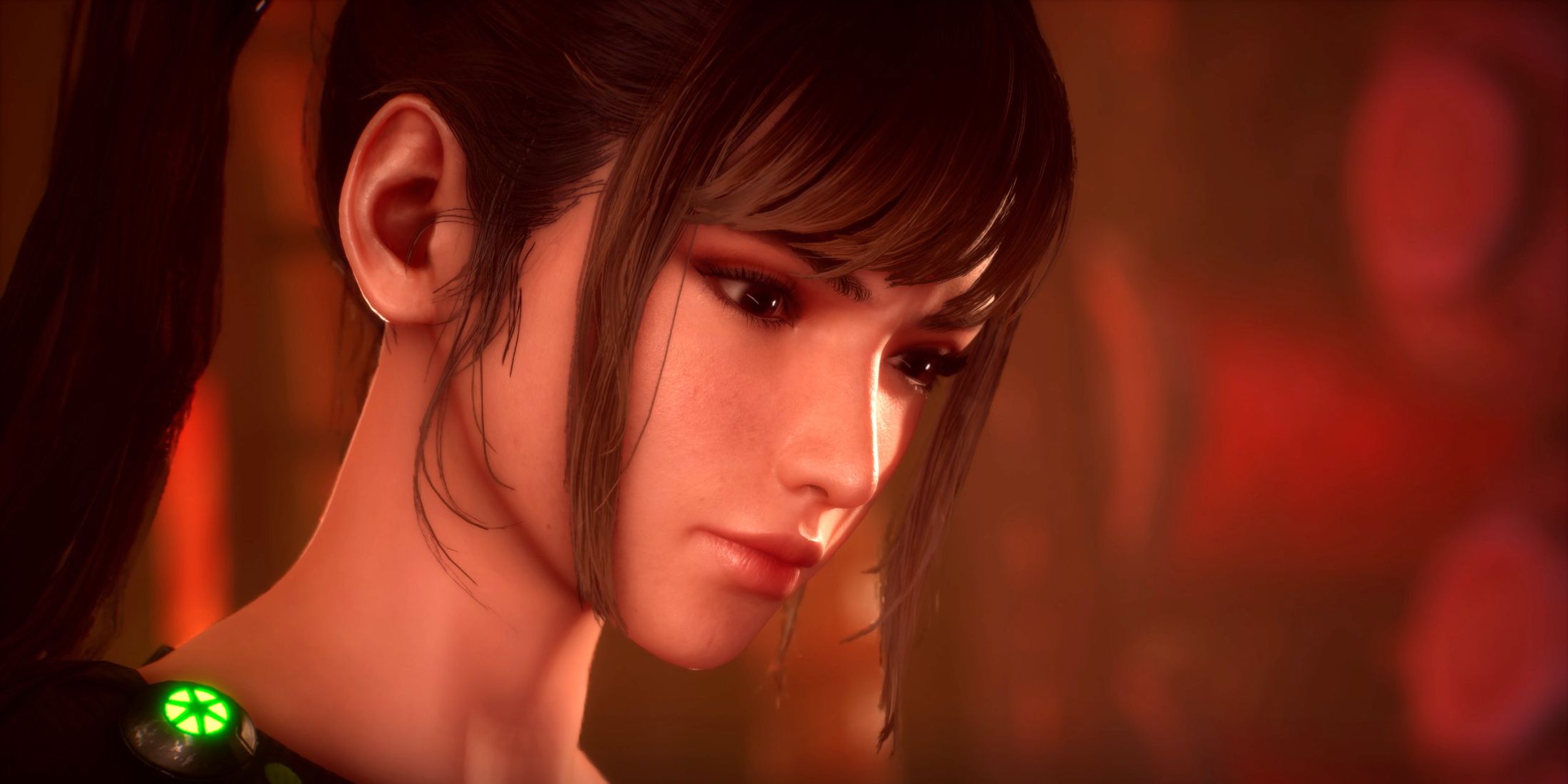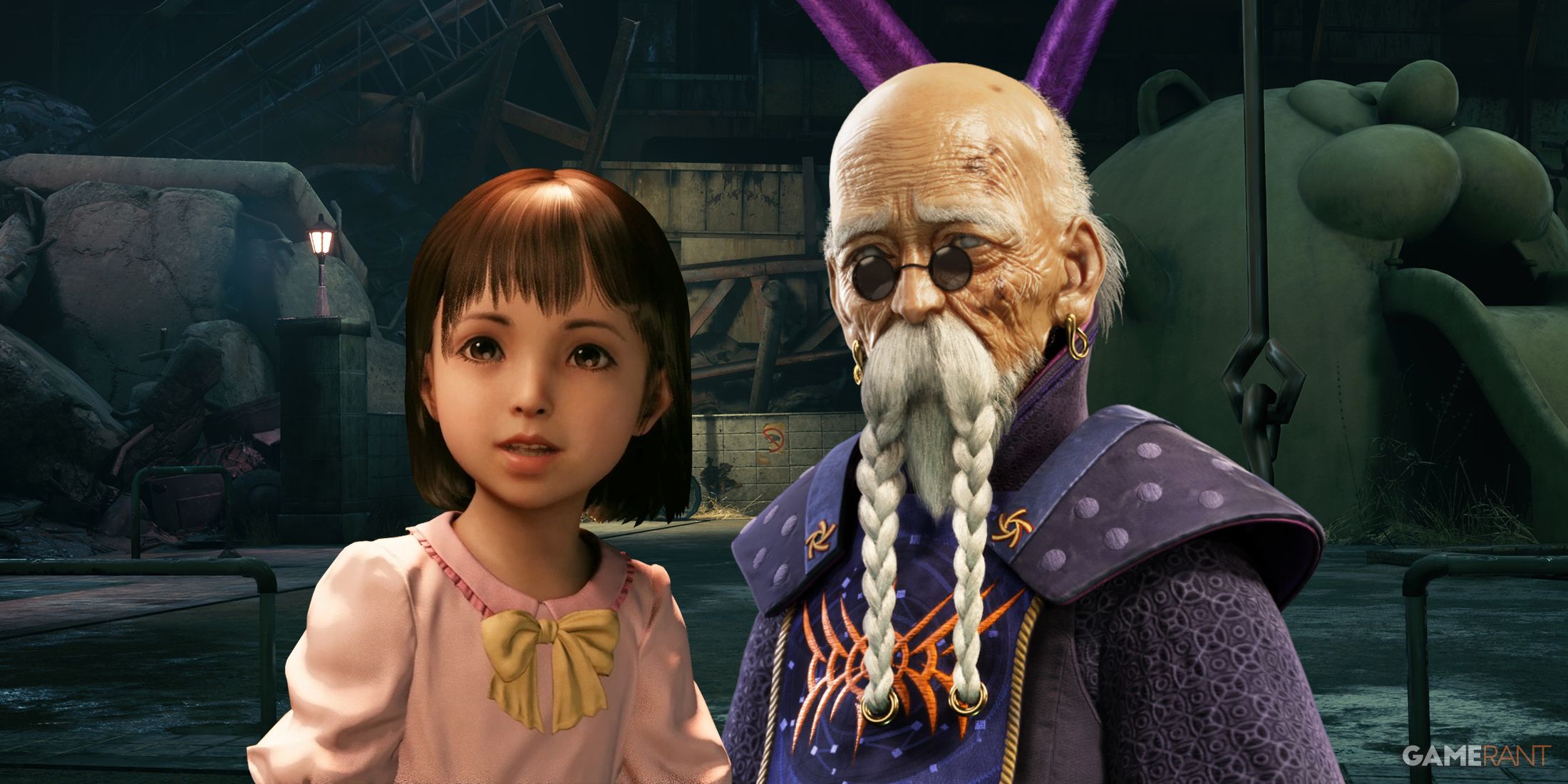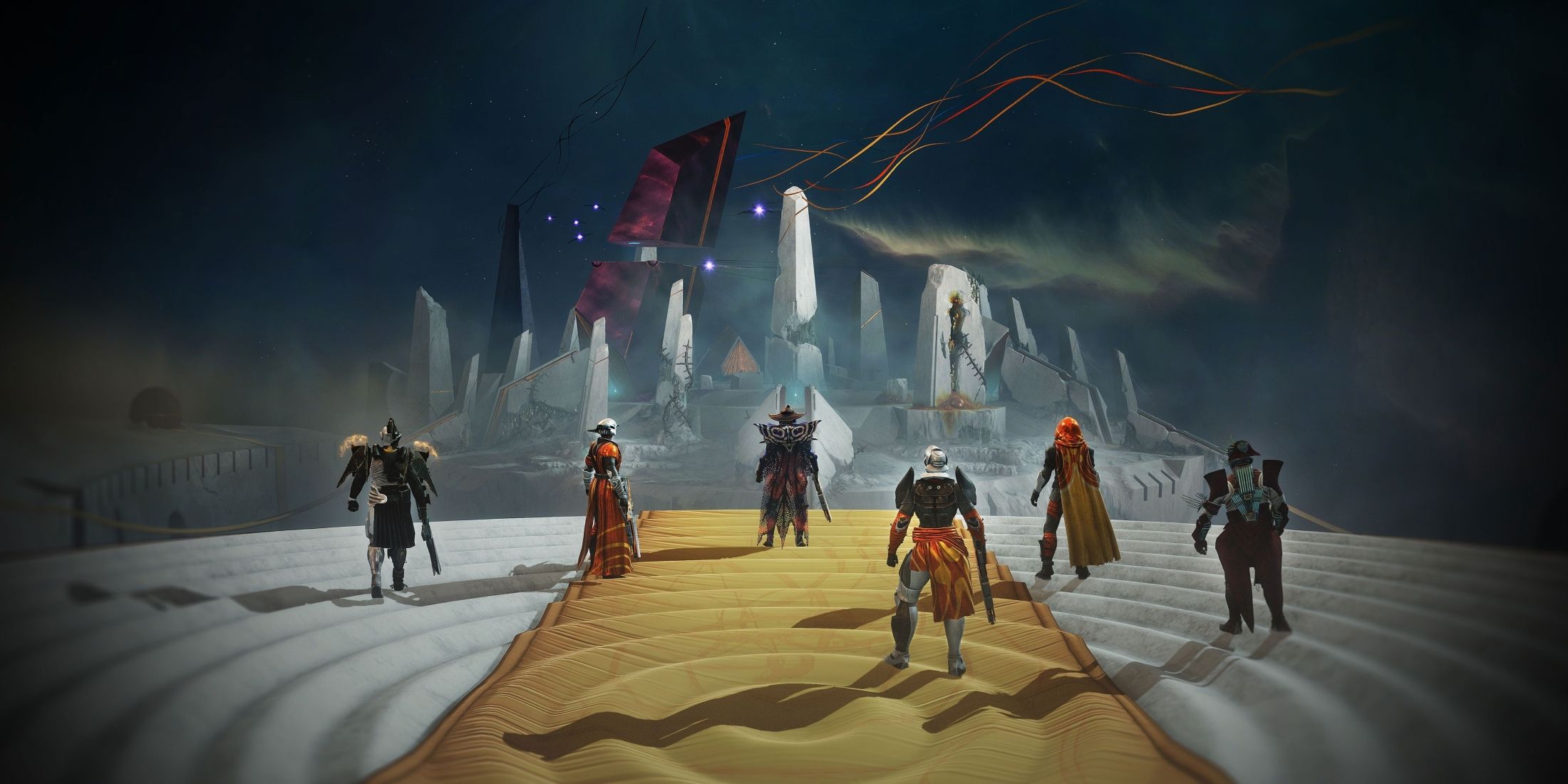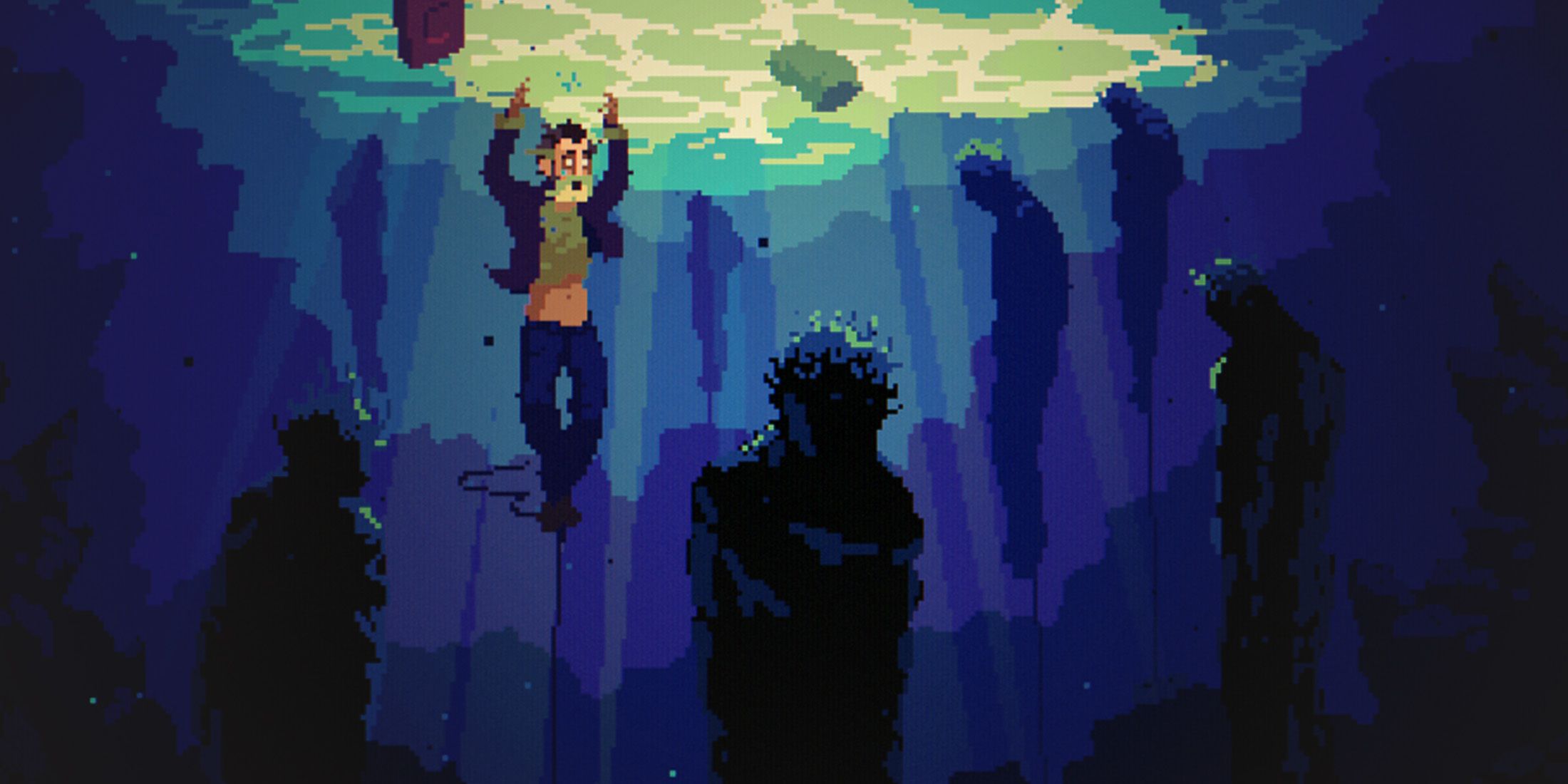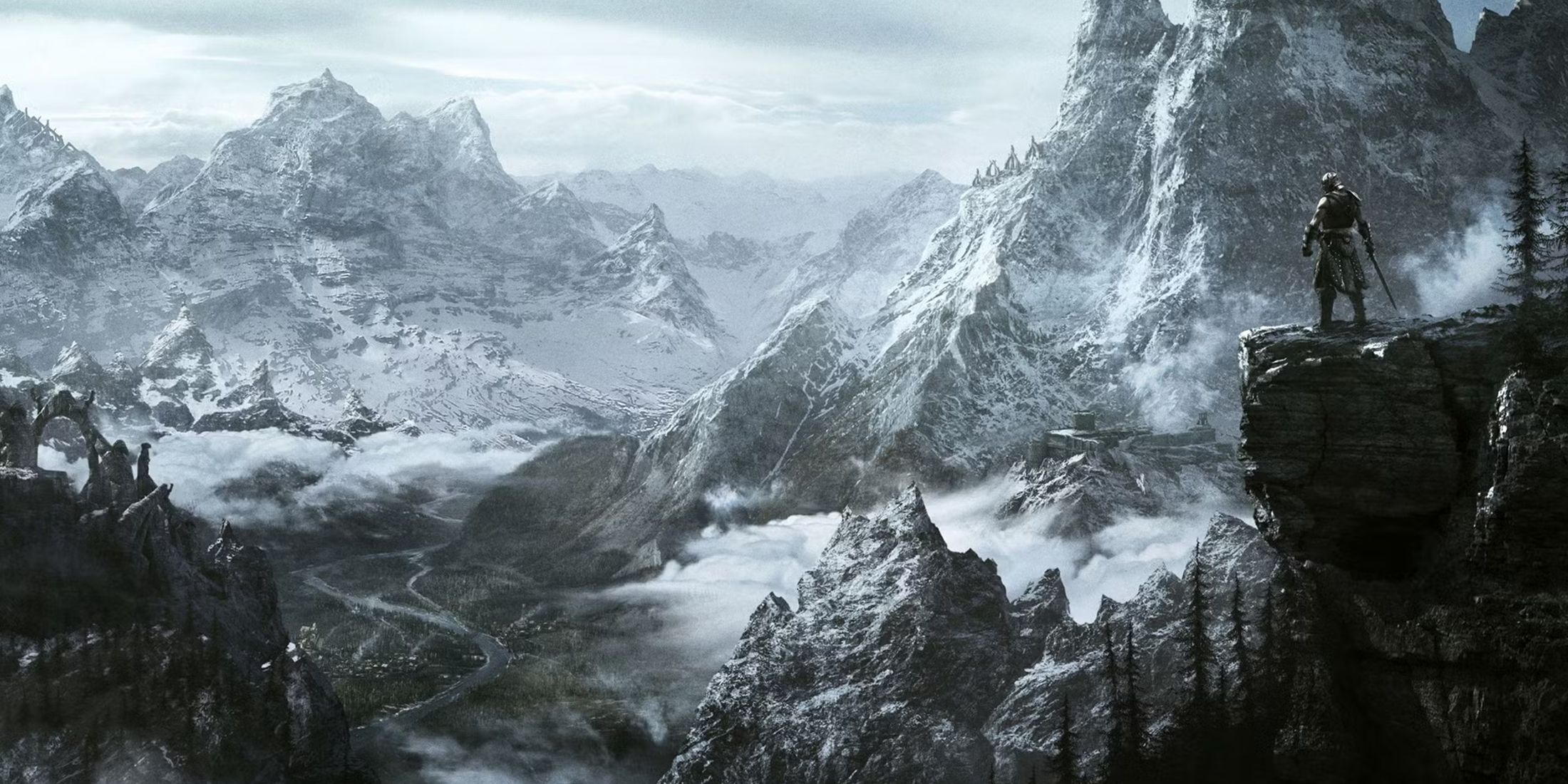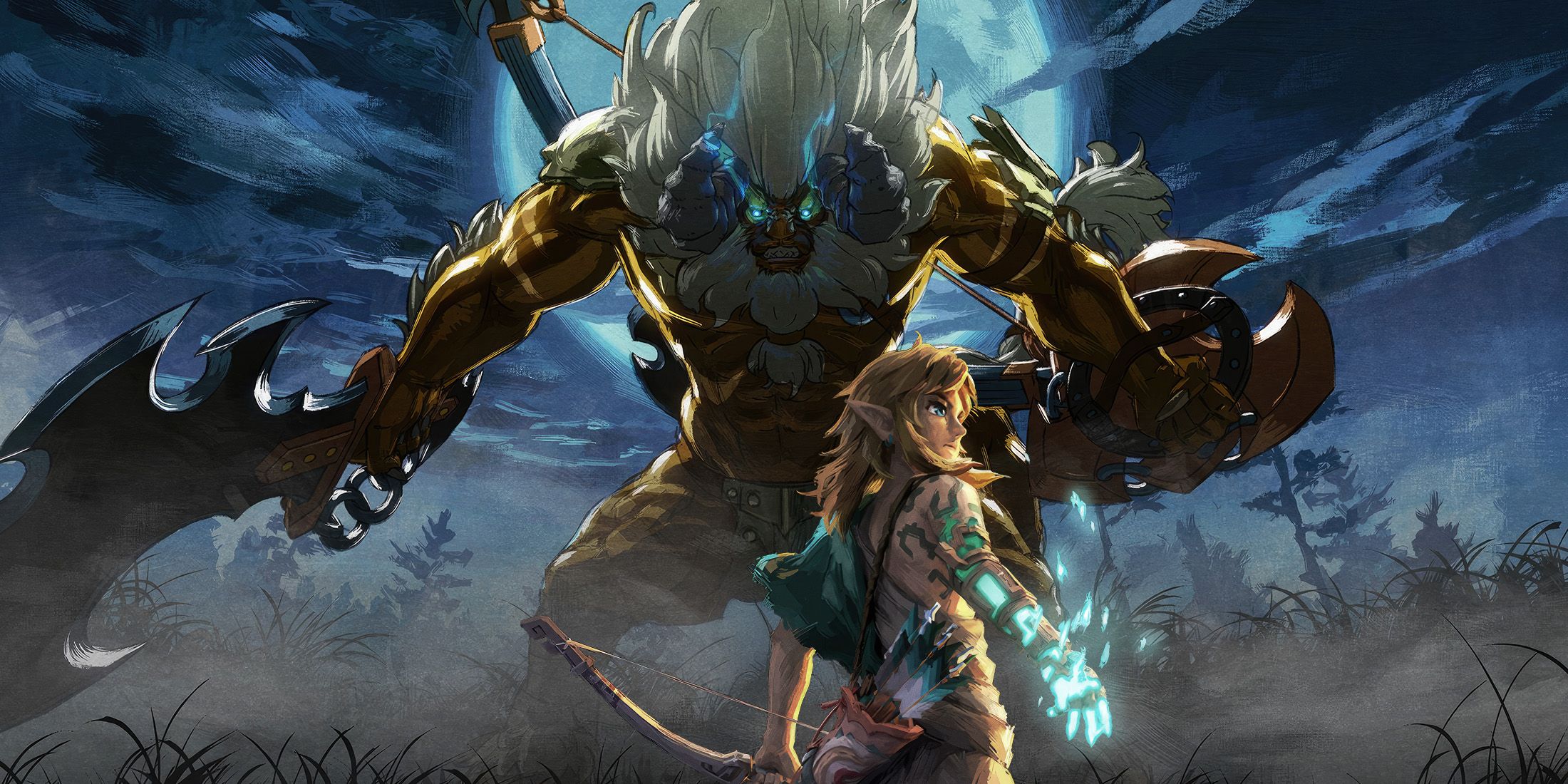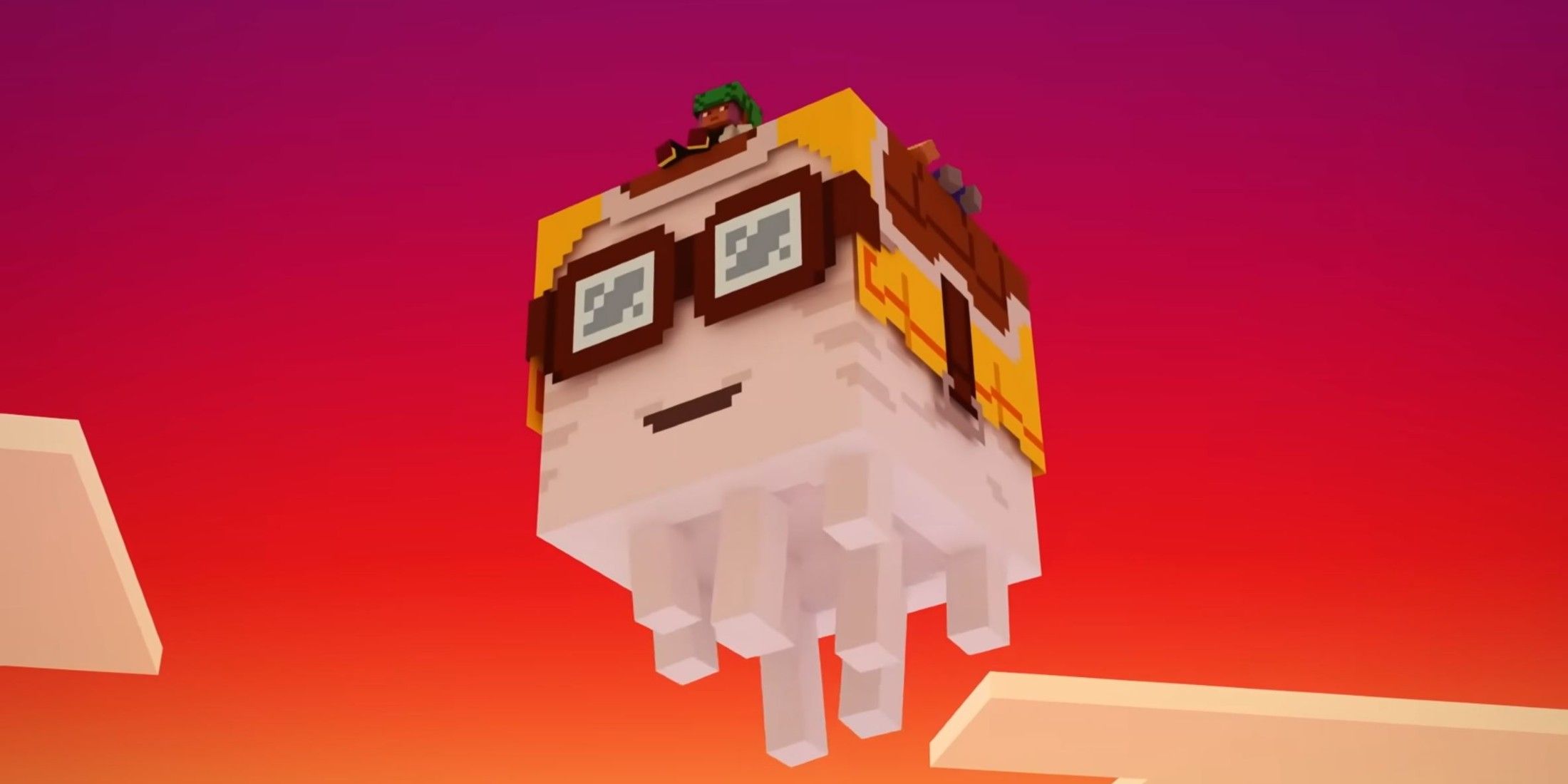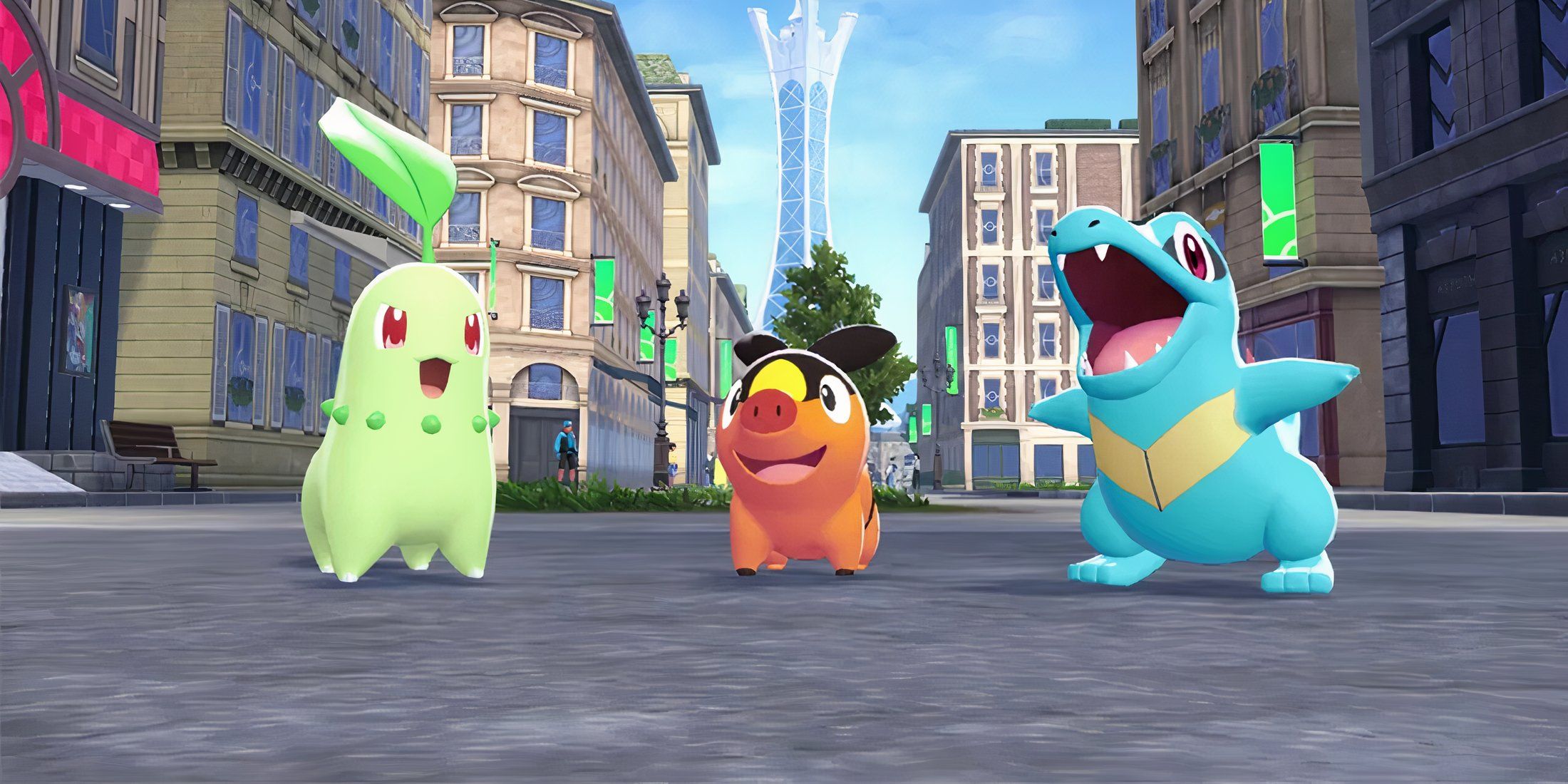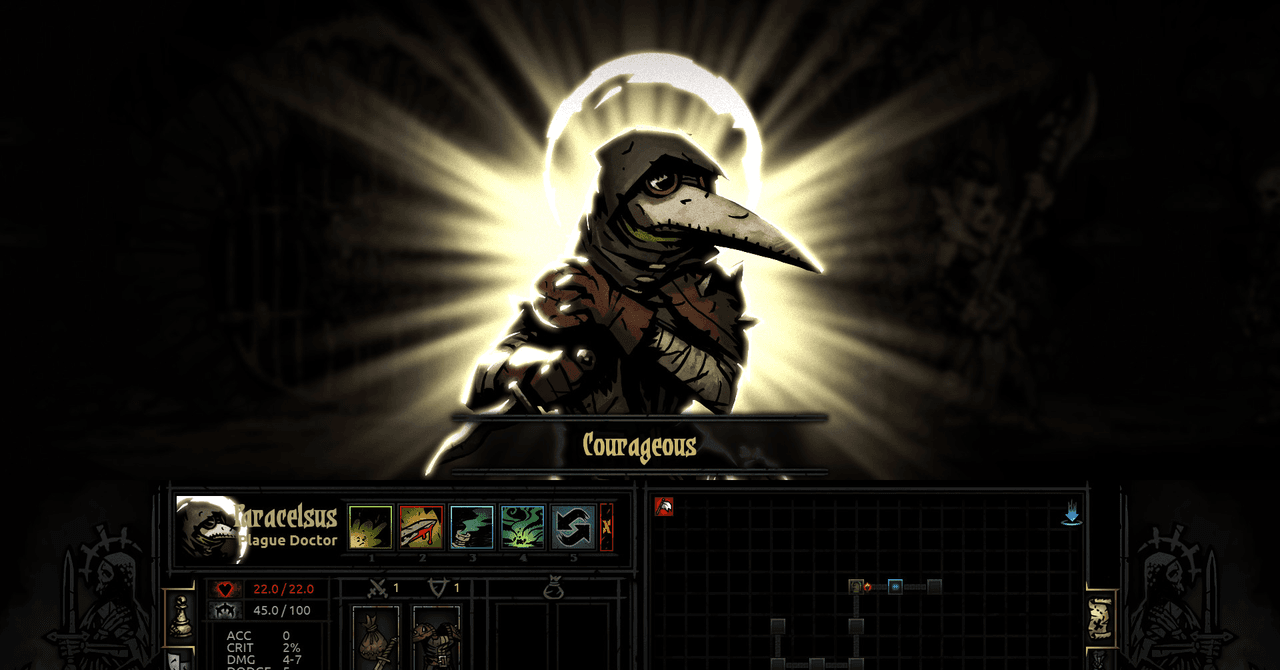
Neesha fought alone against the shuffling horror and won. Neesha is a leper, wearing heavy cloth to cover his features, carrying a broken greatsword that's almost taller than he is. He is plagued by manic religious hallucinations, and fights like a man who expects himself to be saved.
I sent him and three more into the catacombs from which Darkest Dungeon draws its name. The shuffling horror, all tentacles and alien power, was too much for any mortal to bear. The party crumbled.
Neesha didn't, though. Turn after turn went by, and, somehow, Neesha managed to not only survive but to fight back. Fifty turns later---hours, by his reckoning---he slew the creature and walked away alive, caked in blood and fearful sweat. He had done the impossible, killing something awful beyond space and time, and fled into the morning light a weary hero.
Darkest Dungeon, out now on PC and coming later this year for PlayStations 4 and Vita, excels at creating stories like that. A pastiche of Lovecraftian horror and ultra-hard turn-based gameplay, it's a paean to strength in the face of adversity, to the human capacity to pull victory out of impossible circumstances. It's a game that offers triumphs through a crucible of impossible odds.
There are heroes in Darkest Dungeon. But as it turns out, you're not one of them.
The thrilling experience of delving into Darkest Dungeon's labyrinthine depths cast the player not as a crowning hero, but rather an unwavering Middle Manager navigating chaos and leading their team to victory.
The depths of Darkest Dungeon nurture strategic thinkers over selfless heroes, turning players into wily middle managers navigating the perils with calculated risk rather than bold heroics.
Playing Darkest Dungeon transforms players into savvy middle managers, equipoise amidst squabbling teams and menacing monsters rather than bedazzling solo heroes.
Embarking on the treacherous journey through Darkest Dungeon nurtures a unique perspective, transforming players from self-proclaimed heroes to strategic masterminds navigating chaos as middle managers.
The thrill of navigating the treacherous depths in Darkest Dungeon aside, what truly enlightens is our shift from heroic stature to strategic middle management. It's a reminder that great tales about courage are woven with cunning strategy and meticulous preparation.
Playing Darkest Dungeon not only tests one's courageous spirit, but surprisingly transforms its players into tactical mid-level masters rather than fantasy heroes. It forces a sense of responsibility and strategic thinking amidst the terrors beneath.
Embarking on adventures in Darkest Dungeon transforms players from shining heroes into the strategic minds behind-the scenes, masterfully coordinating teams as a Middle Manager rather than navigating fights solo.
Gaming the Darkest Dungeon authentically showcases to you that heroes become managers as they navigate treacherous quests instead of merely conquering them.
Exploring the grimiest dungeons of Darkest Dungeon shapes one not into a heroic adventurer, but rather an adept middle manager with strategic mastery and sharpened nerves.



